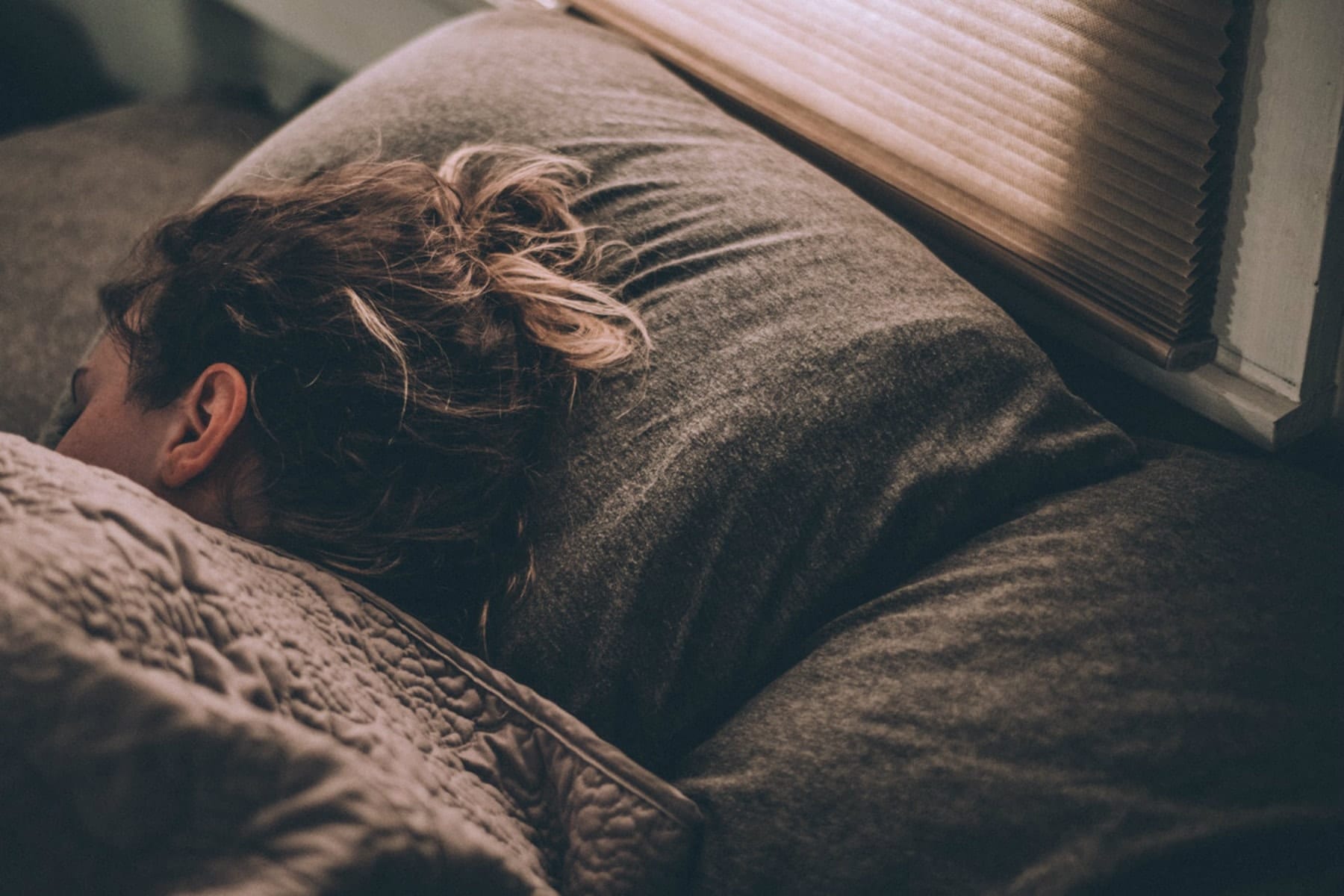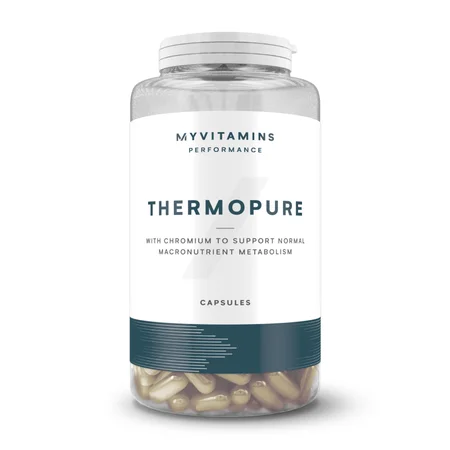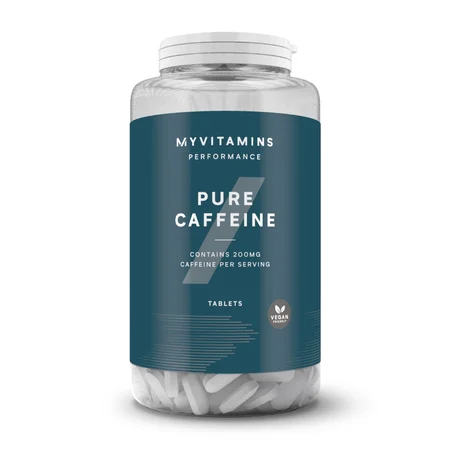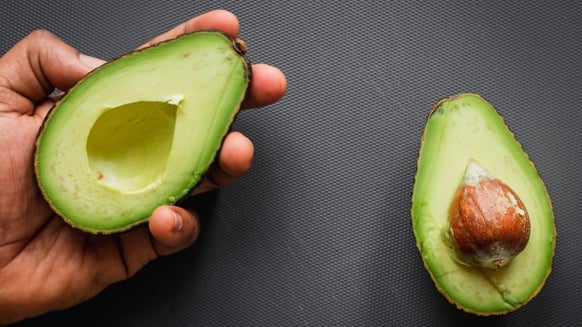Get Up Early Again: Proven Ways To Help Get You Out Of Bed

Have to get up early? Absolutely hate it?
So do we. Waking up earlier can improve your productivity, your mind-set, and your fitness though... If you manage to get out of bed.
The good news: the best proven ways to jump up at 6am alarms are often the simplest routine adjustments. We just need to remind ourselves to do them (even the obvious ones).

Go to bed earlier
The most obvious piece of advice is probably the most important, but it’s often under-followed. Beyond any other adjustments, going to bed earlier is the No.1 thing you need to do to help get yourself up earlier.
One study from the University of Birmingham, Resetting the late timing of night owls, showed that people who usually went to bed at 2:30am could retrain their habits to a healthier pattern within a few weeks.1
They took 23 night owls and asked them to follow simple instructions so that they would wake up at a more reasonable time. One of the instructions: go to bed earlier.
Upon following the advice, the participants managed an average of waking up two hours earlier. The participants also reported any depression and stress “significantly decreased,” increasing their feelings of self worth and mental clarity. So if you are struggling to wake up earlier, start with the obvious: go to bed.
Follow proper sleep hygiene
In that same study, participants were asked to do other things (aside from going to bed/waking up earlier) such as:
- Keeping regular sleep times — even on weekends
- Having breakfast as soon as you can after waking, eating lunch at the same time every day, and not eating dinner after 7pm.
- No napping after four
- Changing their exercise to the morning
- Maximising outdoor light during mornings and minimising light in the evenings.
These are all aspects of good sleep hygiene which, combined together, led to the success of a good night’s sleep. Out of the participants, one of the most easily adjustable factors is maximising or minimising lighting.
Keep your blinds open
We know that light plays an important role in your circadian rhythm and when you both go to sleep and wake up.
Another study, Effect of Simulated Dawn on Quality of Sleep, found that using light (even if non-natural) can effectively help people wake up in the morning.2 If it’s still dark when you wake up, make sure the first thing you do in the morning is turn on a light, even if it’s just a lamp.
If you do this (and manage to keep your eyes open), you’ll have a far greater chance of staying awake and getting up in the morning.
Change your alarm tone
Use a harsh beep as your alarm? Well changing your alarm tone to a melodic sound has been found to reduce perceived sleep inertia and grogginess while increasing your attention throughout the day.3
So, try changing your alarm tone if you use a harsh beep and you’ll be more likely to feel better when you wake up, which will help you get up too.
Say no to the snooze button
Sleep fragmentation is your sleep consistently getting interrupted throughout the night, causing you to feel tired throughout the rest of the day. The study Sleep Fragmentation and Daytime Sleepiness explores the link between interruptions of sleep and tiredness.4
This is similar to when you repeatedly hit that snooze button to get an extra 10 minutes, bringing out in and out of sleep when you could be sleeping straight through. Although it feels good at the time and is irresistible to do half the time, you should avoid it as it throws you in and out of your REM cycle.
When you say yes to the snooze button, you make it much more difficult to get up the next time the alarm goes. So, do your best to get up on your first alarm. Say no to the snooze button and you’ll be getting up more consistently and easily than before.
Take home message
If you’re heading back to early mornings (or if you’re just still struggling with them), try some of these tips to help you get up. Remember to go to bed earlier because the earlier you go, the earlier you’ll wake.
If you manage to get up early enough, you might even be able to squeeze in an efficient gym workout as well.

Evangeline has taken part in competitive sports since a young age. As a qualified RYA Dinghy Instructor, she understands the importance of proper nutrition for fuelling extreme and endurance sports, especially due to her experience in Team GBR Squads and captaining and coaching her University first team.
In her spare time, Evangeline loves running – especially marathons. On the weekends, you’ll find her taking on water sports or hiking up a hill. Her favourite evenings are spent taking on a HIIT session or squats in the gym before digging into some spicy food and a ton of vegetables – yum!
Find out more about Evie's experience here.
1. Facer-Childs, E. R., Middleton, B., Skene, D. J., & Bagshaw, A. P. (2019). Resetting the late timing of ‘night owls’ has a positive impact on mental health and performance. Sleep medicine, 60, 236–247. https://doi.org/10.1016/j.sleep.2019.05.001
2. Leppämäki, S., Meesters, Y., Haukka, J., Lönnqvist, J., & Partonen, T. (2003). Effect of simulated dawn on quality of sleep–a community-based trial. BMC psychiatry, 3, 14. https://doi.org/10.1186/1471-244X-3-14
3. McFarlane SJ, Garcia JE, Verhagen DS, Dyer AG (2020) Alarm tones, music and their elements: Analysis of reported waking sounds to counteract sleep inertia. PLoS ONE 15(1): e0215788. https://doi.org/10.1371/journal.pone.0215788
4. Stepanski, E., Lamphere, J., Badia, P., Zorick, F., & Roth, T. (1984). Sleep fragmentation and daytime sleepiness. Sleep, 7(1), 18–26. https://doi.org/10.1093/sleep/7.1.18






